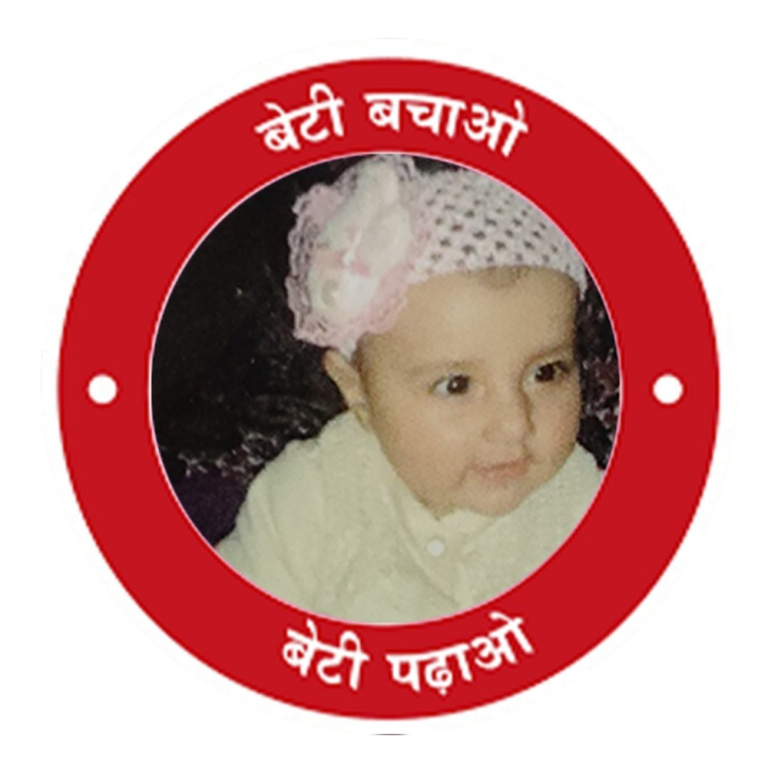IN HOUSE IVF/ICSI
What is In House IVF
At BabyBloom IVF, Gurgaon, In-House IVF refers to performing the entire IVF process, from egg retrieval to embryo transfer, within our own advanced facility. This ensures better coordination, higher success rates, personalized care, and a more seamless fertility treatment experience.
What is Role of ICSI In IVF
At BabyBloom IVF, the best IVF Centre in Gurgaon, ICSI (Intracytoplasmic Sperm Injection) plays a crucial role in enhancing IVF success. This advanced technique involves injecting a single sperm directly into an egg to improve fertilization, especially in cases of severe male infertility or previously unsuccessful fertilization attempts.
Complications and Side effects:-

The complexity of In-Vitro Fertilization and the use of hormone injections and medications can result in some complications such as:
Multiple pregnancies- As discussed earlier, this occurs when two or more embryos are implanted in the uterus. Though there had been advances like the use of blastocyst culture and Preimplantation Genetic Testing for Aneuploidies (PGT-A), wherein the efficacy of single embryo transfer is increased;
Ovarian Hyperstimulation Syndrome-OHSS-is due to excess secretion of hormones due to hormonal injections made an integral part of the IVF procedure. This causes the ovary to enlarge and to leak fluids.
Miscarriage
Ectopic Pregnancy-Ectopic pregnancy occurs when the embryo is implanted in the fallopian tube rather than the uterine lining. It can result in severe complications, such as heavy internal bleeding.
Start your fertility treatment with the best fertility specialist in Gurgaon, India. Pujil Gulati fertility clinic in Gurgaon is equipped with excellent facilities in IVF treatment fi lead to your dream of adding to an extended happy family is sure to come true under her expert care and prioritizing her qualified team’s guidance.
Book An Appointment
Meet Our Professional

DR. PUJIL GULATI
Surgical Proficiency in oocyte pickup, TESE (Testicular Sperm Extraction), TESA (Testicular Sperm Aspiration), sperm preparation techniques, IUI, IVF lab management, and high-risk cesarean sections.
Welcome to BabyBloom IVF, where your journey to parenthood is nurtured with care, expertise, and the latest advancements in fertility treatment. Located in the heart of Gurgaon, Babybloom IVF is the Best IVF Centre in Gurgaon & leading fertility center dedicated to helping couples achieve their dreams of starting or growing their families.
Contact Us
Address No.1 I, block, 189, near Baani Square, South City II, Sector 50, (Gurgaon) Gurugram, Haryana 122018
Address No.2 Babybloom IVF, Nursing Home, Civil Rd, Company Bagh, Rohtak, Haryana 124001

Brought Happiness to the world
@BabyBloom IVF All Rights Reserved @2025

